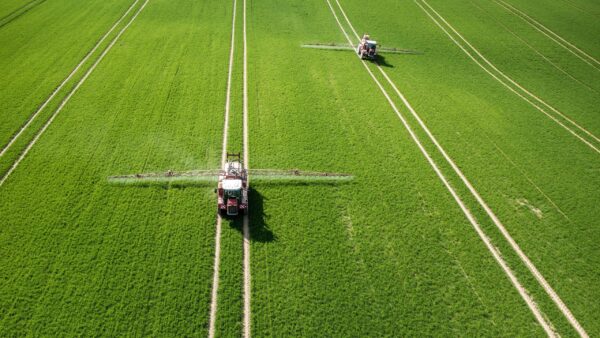Canada is the fifth largest ag exporter in the world. Our vast land base and relatively small population position us to supply those around the world with high quality food and feed. As the world changes and the middle class grows in countries like China, the opportunities for Canadian agricultural exports grow.
In 2016 China accounted for $5.6 billion in Canadian agri-food exports, and the reality is there’s still significant room to grow. It’s encouraging to see the federal government explore what a possible free trade agreement (FTA) with China might include. And one thing is certain: agriculture should be at the top of the agenda.
One significant opportunity to improve agricultural trade between China and Canada is through the removal of non-tariff trade barriers, such as long approval timelines for biotech crops. As it stands today there is, on average, a six year lag between Canadian and Chinese approvals.
Since a crop won’t typically be commercialized here in Canada that has not been approved by one of our biggest trading partners like China, this means that in many ways China dictates when Canadian farmers gain access to new technologies that stand to help drive their competitiveness and improve the sustainability of their operations.
Technology has long been the Canadian advantage when it comes to agriculture. We do not have year-round growing seasons like some of our competitors, nor do we — or should we — have lax labour laws or environmental standards. Instead, Canadian farmers have been among the first to adopt new technologies like seed, inputs and equipment that have helped them be among the best in the world at efficiently and sustainability meeting the growing demand for food, feed and fibre around the world.
As investigations of a potential FTA with China continue, it will be important to encourage the Canadian government to prioritize agriculture, and specifically, regulatory harmonization for products of plant biotechnology. Encouraging the synchronous approvals of biotech crops between Canada and China would mean new innovations make it into the hands of growers sooner, expanding trade with China and making Canadian producers more competitive globally.
The more the Canadian government and industry can encourage China to adopt a predictable and transparent regulatory regime for products of plant biotechnology, the brighter the future of Canadian agricultural exports will be.













